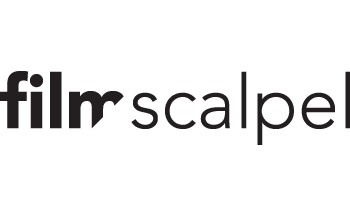Fear Itself
Fear itself makes expert use of one of the traits that distinguishes the essay from other modes of writing or making videos: using personal experience as the basis for one’s argumentation. Weaving intimate anecdotes into analytical or scholarly texts is not done; there the public (theory) reigns over the private (story).
But director Charlie Lyne starts his foray into horror films by alluding to a recent personal tragedy. What exactly that tragedy is, is only revealed piecemeal throughout this essay film. But since he dropped it so early on, it is always there in the subtext of the voice over narration, shimmering through the observations on the workings of horror that are being made. This is exactly what good horror movies do too: allude to a fear early on, and then let it fester in the minds of the viewer until it finally reveals itself on-screen.
Personal experience is, in fact, much more than the starting point for this movie. Fear Itself meanders its way through horror, navigating the genre not so much by a strict reasoning but instead floating on a stream of consciousness. The result is an essay film that is just that: both (insightful) essay and (full-fledged) film.

